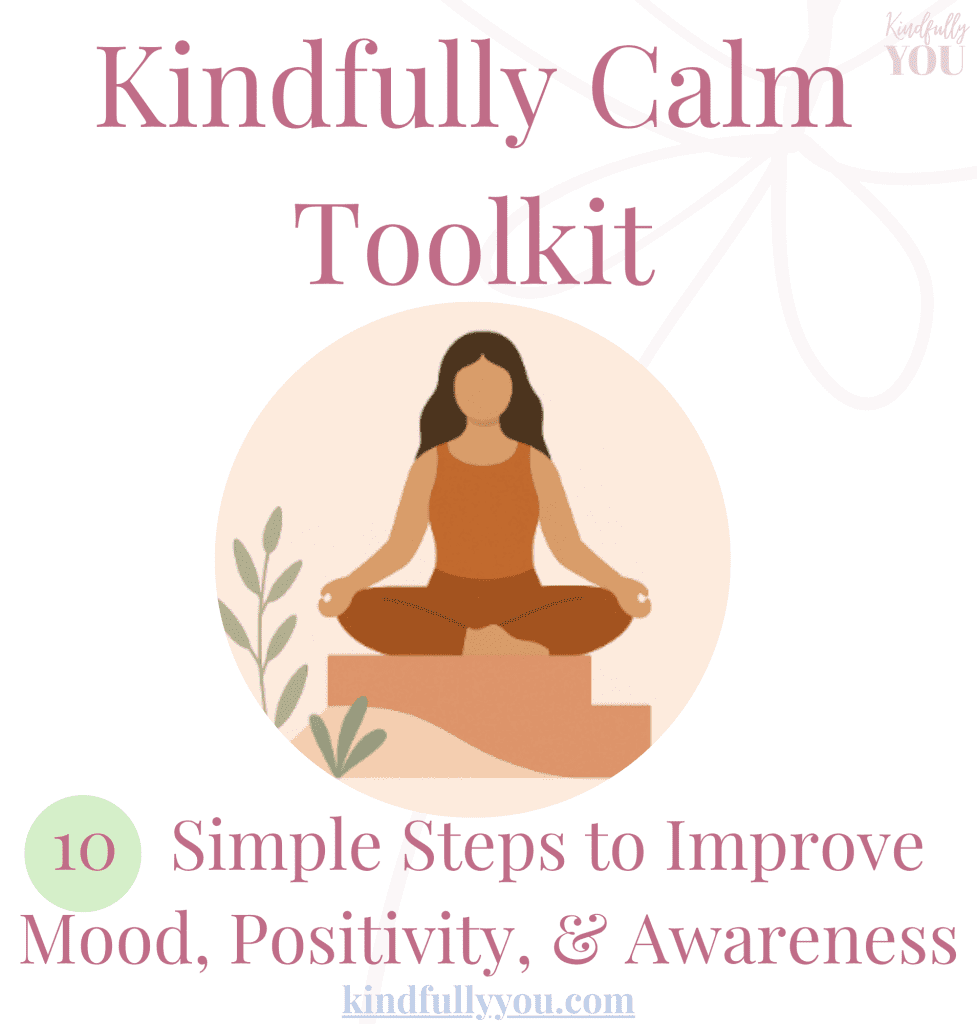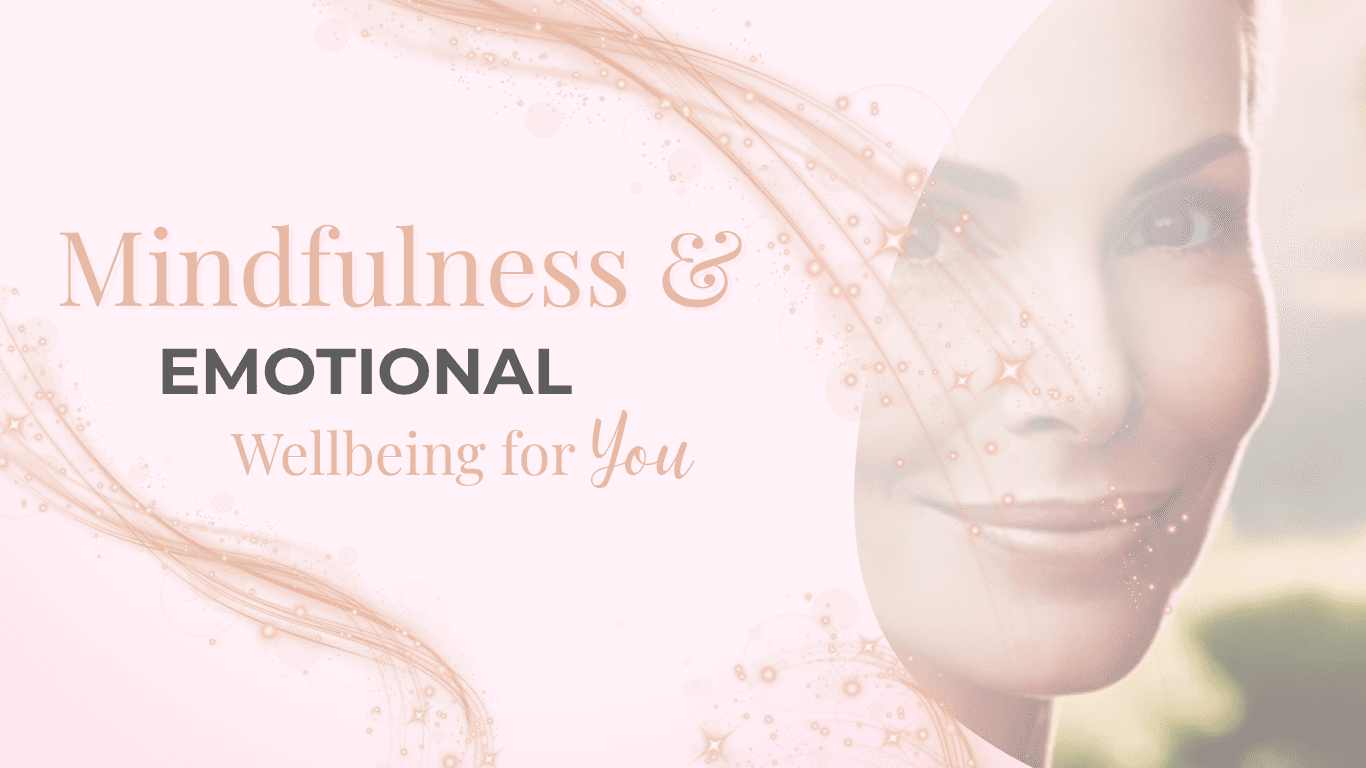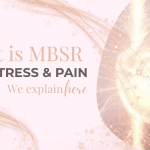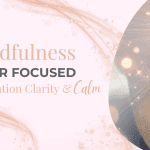A Kindful Approach to Feeling More Like Yourself
In a world that often feels like it’s running on fast-forward—with constant noise, long to-do lists, and emotional overwhelm bubbling just under the surface—it’s no wonder so many of us feel stretched thin.
But what if there was a way to gently shift how you respond to all of that? Something simple, backed by science, and—here’s the best bit—already within your reach?
Enter mindfulness and emotional well-being. Not a magic fix or a fluffy buzzword, but a practical, kind way to feel more steady, more spacious, and more yourself—even when life is a lot.
What Is Mindfulness?
Mindfulness is the gentle art of paying attention. To your thoughts. To your breath. To the cup of tea in your hand or the way your chest rises and falls when you sigh. It’s about being present with whatever’s happening—without needing to change it, fix it, or judge it.
It’s not about having an empty mind. Or becoming a Zen monk. It’s about coming back to yourself, one kind moment at a time.
How Mindfulness Supports Emotional Well-Being
You don’t need to take our word for it—there’s a growing body of science showing that mindfulness has a powerful impact on how we feel, think, and respond to life’s ups and downs.
1. Reduces Stress and Anxiety
Let’s be honest—stress is everywhere. But mindfulness can help you meet it differently. One large-scale review (JAMA Internal Medicine) found that mindfulness meditation significantly reduced anxiety and depressive symptoms in adults.
✔ Why it matters: Instead of being swept away by worry, mindfulness helps you anchor into the present—where your power and peace live.
2. Improves Emotional Regulation
Research shows that mindfulness strengthens the parts of your brain responsible for emotional regulation and decision-making (hello, prefrontal cortex). This means you’re more able to respond calmly, rather than reacting in ways you might later regret (we’ve all been there).
✔ Why it matters: With mindfulness, you learn to pause—creating space between stimulus and response. That space changes everything.
3. Lowers Cortisol (Your Stress Hormone)
Chronic stress ramps up cortisol, which can leave you feeling wired, foggy, or drained. One study found that an 8-week mindfulness programme significantly lowered participants’ cortisol levels.
✔ Why it matters: Lower cortisol = better sleep, mood, and overall sense of well-being.
4. Boosts Positive Emotions and Life Satisfaction
Practising mindfulness regularly has been linked to increased positive emotions, resilience, and even a greater sense of purpose (Emotion journal, 2009). And no, you don’t have to feel good all the time for this to work.
✔ Why it matters: It’s not about being happy 24/7—it’s about cultivating steadiness and joy, even when things aren’t perfect.
5. Supports Mental Health Conditions
Mindfulness-Based Cognitive Therapy (MBCT) is a clinically validated approach to preventing depression relapse—and it’s shown to be just as effective as antidepressants in some cases (The Lancet, 2015).
✔ Why it matters: Mindfulness offers support that’s compassionate, empowering, and grounded in real-life tools—not pressure to “fix” yourself.
Simple Mindfulness Practices for Emotional Well-Being
You don’t need hours of spare time or a peaceful retreat. Try these small, doable practices to support your emotional well-being right where you are:
- Mindful Breathing: Take a few slow, deep breaths. Focus on the inhale, the exhale, and the space between. Let your breath be your anchor.
- Body Scan: Gently bring awareness to different parts of your body, noticing tension or sensations without judgement. Invite softness.
- Gratitude Journaling: Jot down three things you’re grateful for each day. Big or small—it all counts.
- Mindful Walking: Take a short walk and really notice each step. Feel the ground beneath your feet. Listen to the sounds around you.
Kindful Last Thought
Let’s be clear: mindfulness and emotional well-being aren’t about chasing constant calm or being the most peaceful person in the room. They’re about showing up for yourself with a bit more kindness, a bit more presence, and a lot less pressure.
Some days, your mind might feel like a crowded train station. That’s okay. Mindfulness doesn’t ask you to quiet the chaos—it simply offers you a seat on the platform to breathe and watch the trains go by.
And in that pause, something shifts. Not dramatically. Not overnight. But gently, like sunlight creeping across a quiet room.
You don’t need to be fixed. You just need to be met—with kindness, by yourself.
Your Free KindfulnessToolkit for Calmer, Happier Days
If you’re ready for a quick, gentle way to feel calmer, brighter, and more like yourself again, the free Kindfully Calm Toolkit is for you. Inside you’ll find easy, no-fuss tools you can use in minutes to shift your mood, relax your body, and bring happier vibes to even the busiest day.
Don’t wait to feel better. Download here it now and give yourself the gift of calm and ease today.

For further reading What is Living Mindfully



